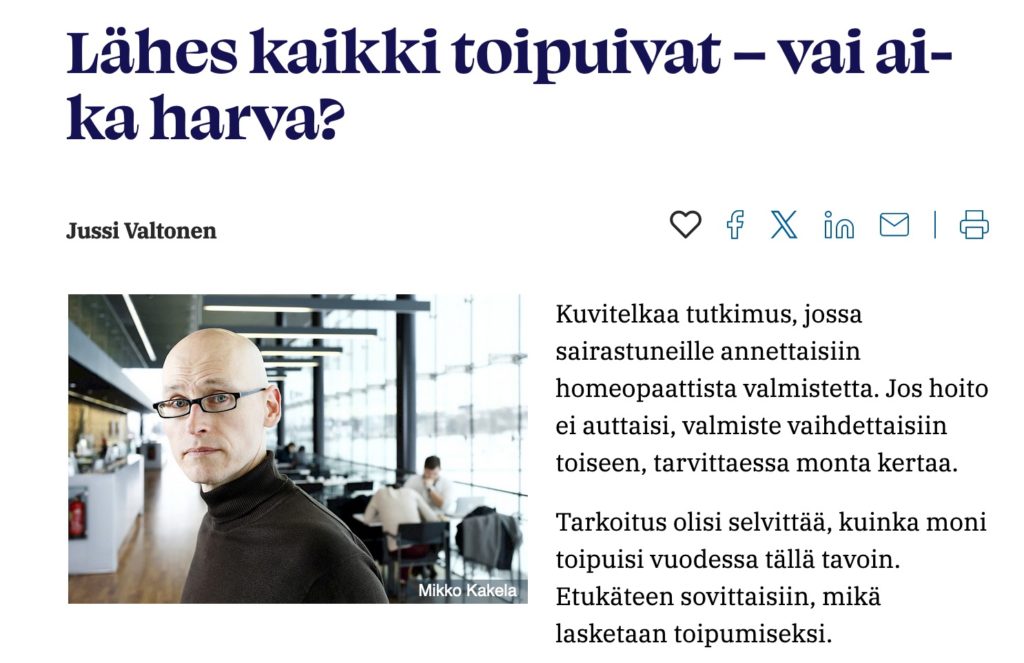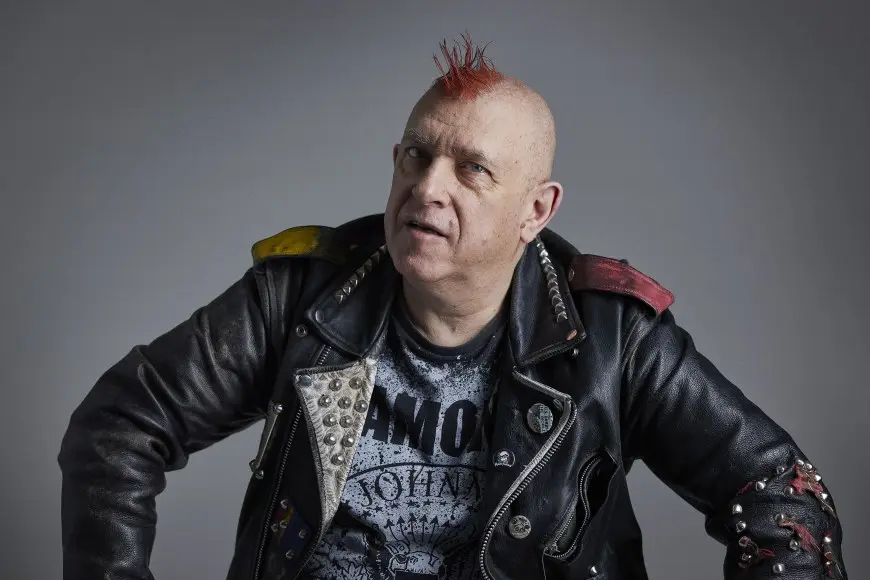Revealing problems in medical research in psychology
One of the most-read columns this month in the Finnish Medical Journal (Lääkärilehti) was authored by NeuWrite Nordic board member Jussi Valtonen, an award-winning novelist and a researcher in psychology at the University of Helsinki. You can read the column in Finnish here or in English machine translation here (PDF).
Read MoreThe entanglement of subject and object
Sir Isaac Newton thought light consisted of particles, until Thomas Young’s famous “double-slit experiment”, believed to have been performed in 1801, suggested that light actually took the form of waves. But this wasn’t a simple case of “scientific progress”, where an old idea was replaced by a new one. As the philosopher of science Karen…
Read MoreThe shocking truth about scientific utopias
Scientists hate science. Or so it seemed when we read the judges’ comments and the winning stories in the EU-LIFE/Nature essay competition, which had been intended to encourage scientists to write speculative fiction about their ideal future—a scientific utopia. When the submissions flooded in, the judges were alarmed by what they received: What we [had]…
Read More“LGBTIQ+N” sci-fi short story published
Speculative fiction penned by scientists is rare, but perhaps it shouldn’t be. Recently we workshopped an unusual form of scientific commentary: a one-page sci-fi tale by microbiologist and NeuWrite Nordic advisory board member Howy Jacobs of Tampere University (pictured) that confronted the frightening ethical and political implications of human genetic engineering. This month, Jacobs’ story…
Read MoreUsing dramatic stories to teach
How to get readers interested in the nuances of complex debates over climate policy? Yawn. Unless, maybe, you start your story like this: A typhoon has hit Manila during a UN climate summit, and world leaders are stuck in the basement of a Manila hotel. The American president has a psychological meltdown after a tree…
Read MoreWriting for kids makes us better science writers for adults
One of the senior scientists in our workshop group recently found himself in the impromptu situation of sitting down for a video interview about his complex research on mitochondrial diseases—but the interviewer was a child. The episode reminded us of the famous WIRED magazine video series “5 Levels”, in which “an expert scientist explains a…
Read MoreMedically and genetically engineered dystopias
Science fiction is an especially creative kind of science writing, one that can show us the present in imaginative and emotionally charged ways while also anticipating possible futures. Amidst hopeful talk of scientific and technological progress, science fiction can also reveal injustices, risks, and dystopian futures to correct or avoid. On the other hand, some…
Read More“Humour Me Some Math!” published
At our February meeting we warmed up the dark Nordic winter with a workshop on ways to tap into humor to communicate about science. For good measure we made it as difficult as possible, by choosing what you might think would be one of the intuitively least-funny fields of endeavor: mathematics. Yet lo and behold, …
Read MoreShould scientists express opinions? If so, how?
Among the top 100 most-influential scientists on Twitter—according to an early and somewhat controversial survey by Science way back in 2014—was Trish Greenhalgh (pictured). Today Greenhalgh is at Oxford, where she directs interdisciplinary research at the crossroads of social sciences and medicine. Since those early days of social media, when “sci-comm”—science communication—was exploding across Twitter…
Read MoreFighter moms support vital research into mitochondrial diseases
Describing science through simple stories and metaphors helped Brendan Battersby, a University of Helsinki research director in mitochondrial biology, connect with the parents of a child with Leigh Syndrome, which led to a new collaboration on research funding. The family felt that Brendan was the first medical expert who’d explained their child’s disease to them…
Read More








